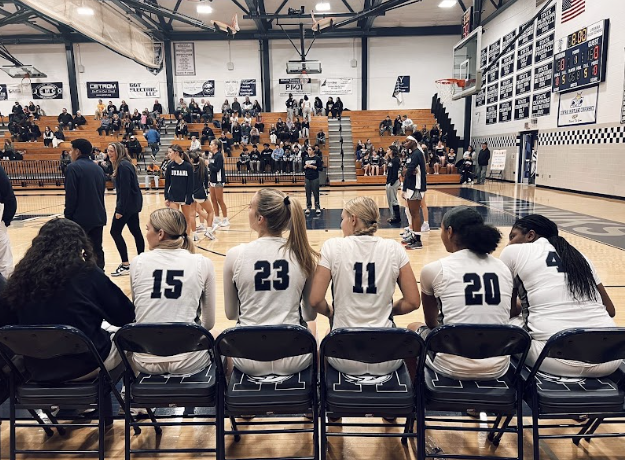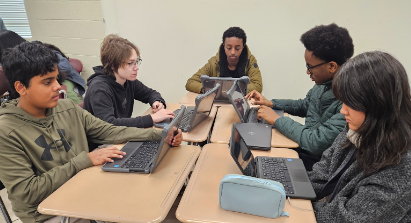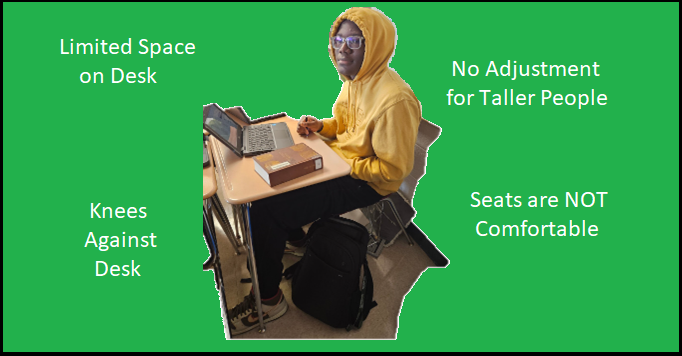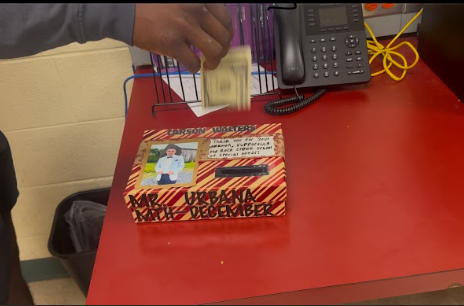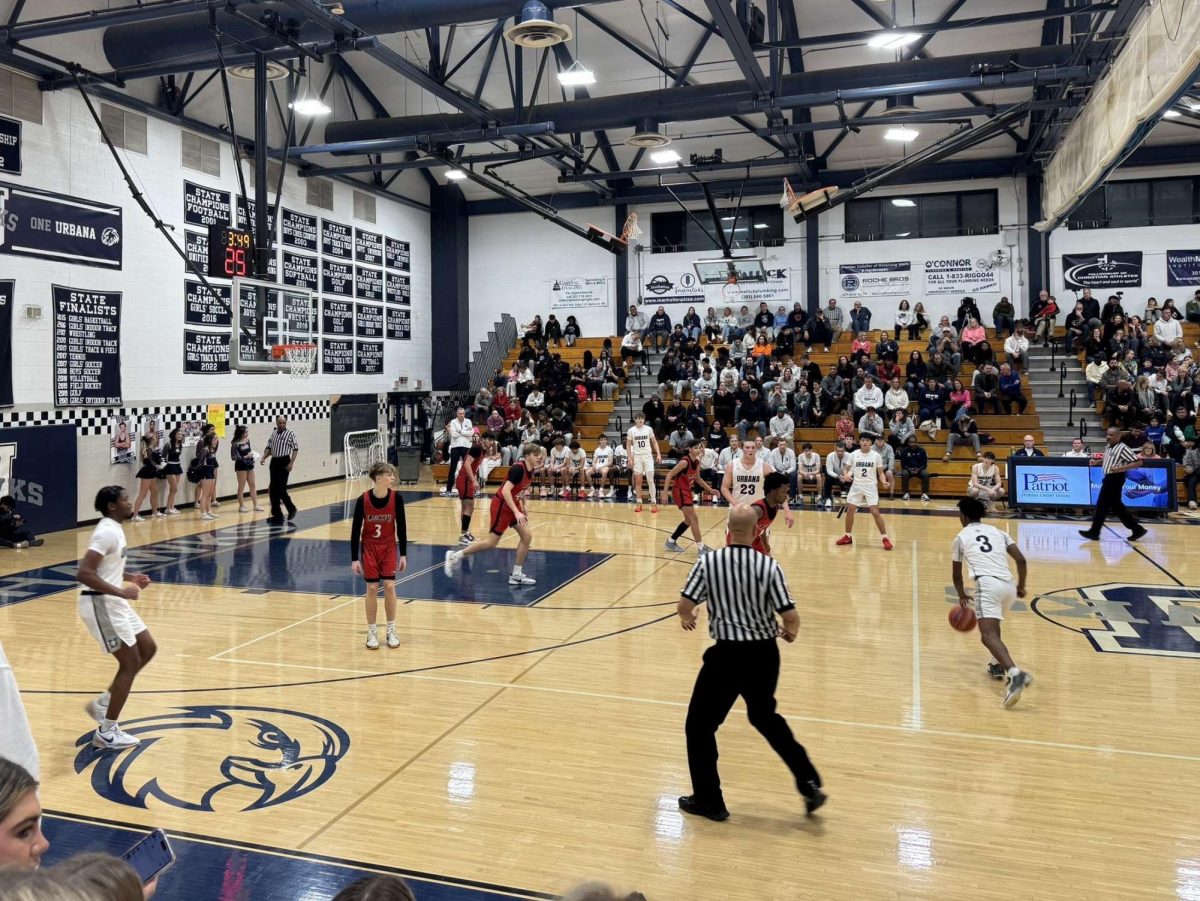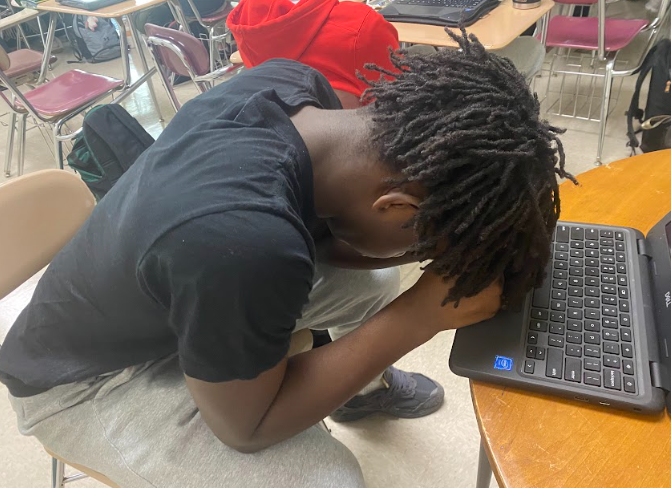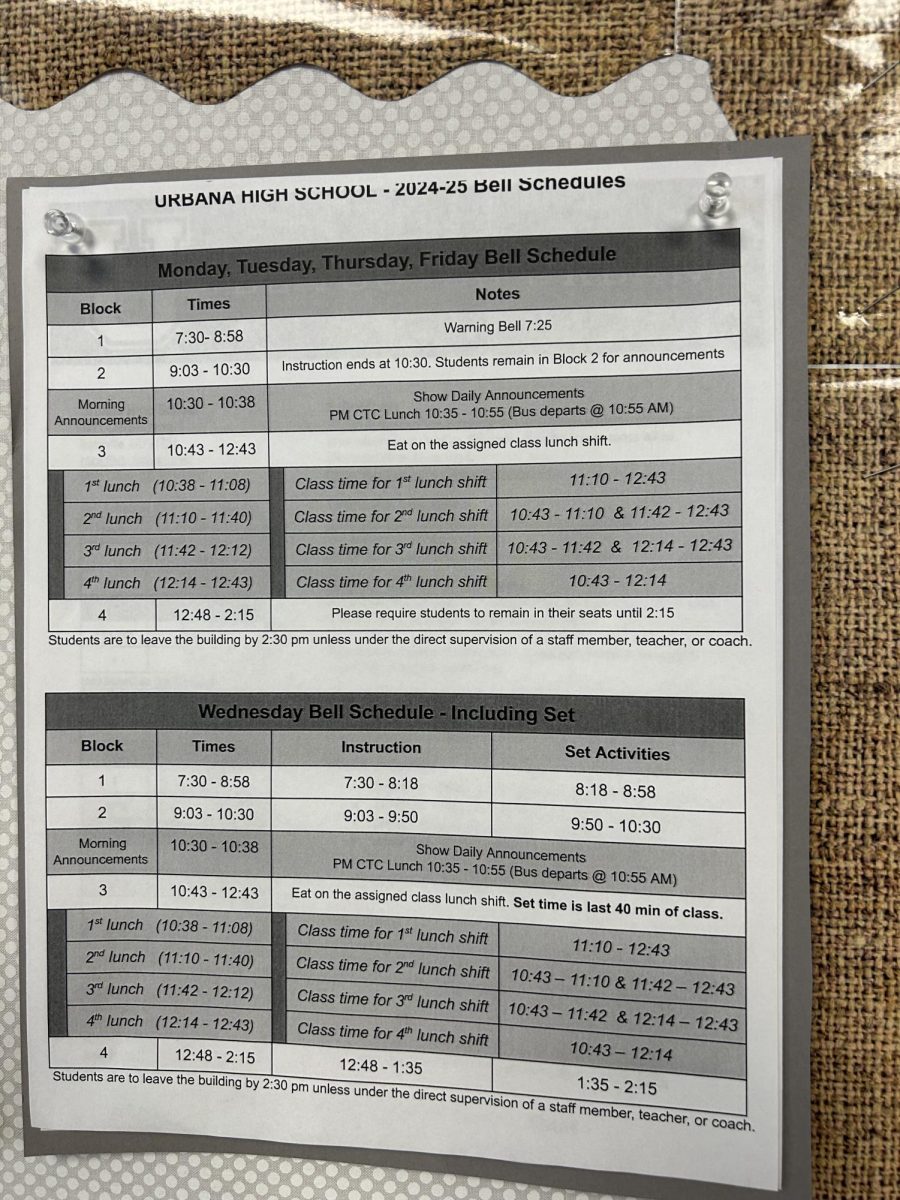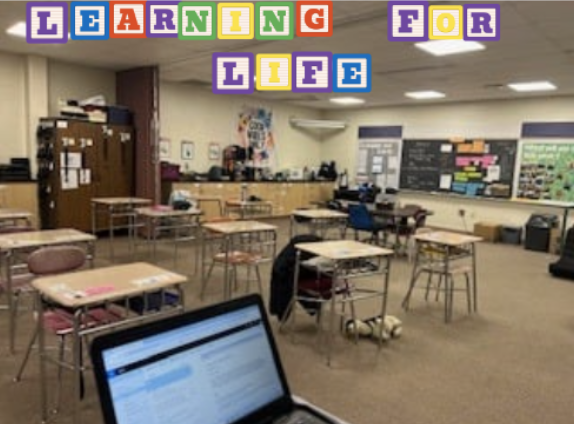All Students Privacy Are At Risk
March 14, 2023
The rules that you are required to follow when it comes to devices at FCPS could be harming your privacy. Every student is expected to read and follow the rules provided in the student handbook, and while some of these rules can be reasonable and strengthen student safety, certain rules defined in regulations defined within the handbook can harm students safety and privacy, either because they are poorly written, or possibly even intentionally left vague.
The regulation that contains the most problems is our own student handbook. One of its clauses states “… The school system may monitor, audit, and review all accounts, files, and communications to ensure that students are using technology in accordance with FCPS regulations and federal, state, and local laws and policies. Students should not expect that files or electronic communications will be private”. In short, any digital files you create or save are the property of FCPS, and can be reviewed publicly among the organization. This destroys any and all student privacy, especially for students who have to use a school chromebook and are subject to this regulation. Students may have files on their computer containing information that only they want to be able to see. Students who may be questioning their sexuality or gender for example, must expect the school to see those files, even if they do not agree to those files being seen.
Any student who cares about privacy, or wants to perform standard practices on their computer can also expect that the student handbook will put a dent in those plans as well. According to the handbook, students are not allowed to have “unauthorized encryption software”, and the explicitly state that said software “will serve as evidence in disciplinary action”. The main problem with this rule is that there is no list of what software is actually authorized in the student handbook. This small detail that is missing at the bottom of the electronic devices section poses a large amount of problems for many students.. Students are left to assume that either all encryption software can become banned, (and as a result means that they aren’t entitled to any on their computer,) or that what is authorized can be decided on will.
When growing up, you most likely taught that you should never share your password with anybody. However, the student handbook states that users will “divulge their passwords only to authorized system administrators for the purpose of implementing this regulation”. It is unknown whether this means that students have the option to divulge their passwords, or whether they are required to divulge their passwords by force. The distinction between the two possible outcomes needs to be more clear for the sake of students’ privacy in the case of a misunderstanding, and feel as if they are required to hand over their passwords without their say in the matter.
Overall, it is clear that the student handbook needs to be updated in order to take into consideration the privacy of students across FCPS and modern day security practices in order to help make students feel more safe in and out of school property. Whilst the handbook does state that they care about student privacy, they need to show and demonstrate it to the student body in order for that statement to be true.




